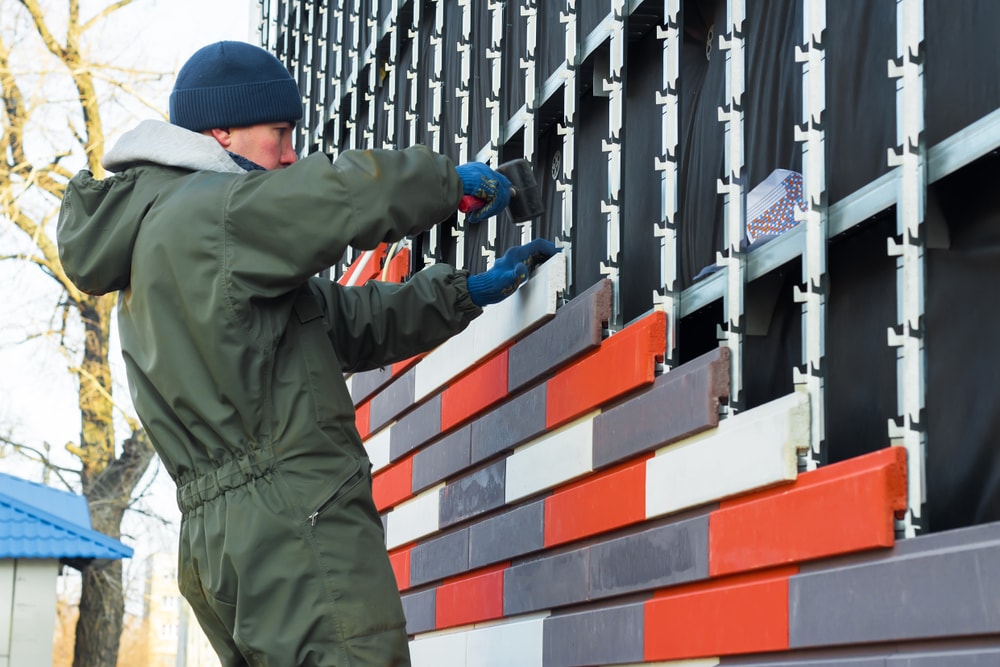News - Construction News
Welsh Government bans use of combustible cladding

Following the tragic events at Grenfell Tower, which claimed the lives of 72 people and left a further 74 hospitalised in June 2017, the Welsh Government has now formally banned the application of combustible cladding in the construction of high-rise buildings.
This new ban on combustible cladding will be applicable to all new residential buildings and hospitals which stand at a height that exceeds 18 metres, with the ban ensuring that none of the building can be enveloped in the cladding, including an external features and fittings such as balconies or solar panels.
Following on from the publication of Dame Judith Hackitt’s independent ‘Review of Building Regulations and Fire Safety’ in May 2018, the Welsh Government has followed the recommendations outlined within the review that applying to building higher than ten storeys.
The Welsh Housing Minister, Julie James stated: “The fire at Grenfell Tower in London was a tragedy that will live long in the memories of so many of us in this country.
“Our homes should be ‘the’ safest of places. The action I have taken today will help ensure we make people safer in their homes and leaves no room for doubt as to what is suitable for use on external walls of relevant buildings 18m or more in height.
“In Wales, we have a proud track record of achieving high standards of fire safety. We have a record low number of dwelling fires, and in 2016, we became the first country in the world to make it compulsory for all new and converted homes to have sprinklers installed.
“But we know there is still much more we need to do to ensure that there is greater clarity across the life cycle of a building as to the roles and responsibilities of those designing, constructing and managing buildings. I intend to publish a White Paper in 2020 setting out the detail of my plans.”
If you would like to read more articles like this then please click here.
Related Articles
More News
- New National Housing Bank
4 Jul 25
Hundreds of thousands of extra homes will be delivered thanks to a bold new government-backed
- Homes England acquires Ripon Barracks from MOD
3 Jul 25
Homes England has acquired land at Ripon Barracks which will be developed into 1,300 new
- University joins forces to address critical construction and housebuilding skills gap
2 Jul 25
The University of Salford is collaborating with Cube Thinking to support Barratt Homes in bridging the shift in skills requirements.






